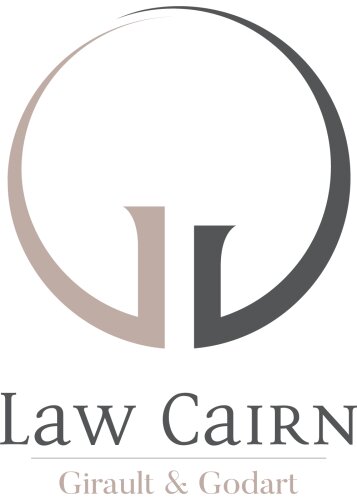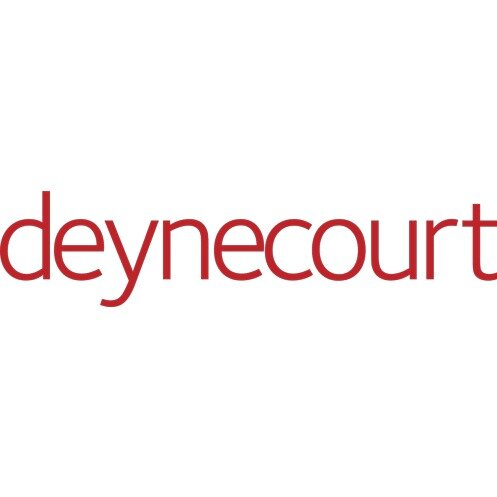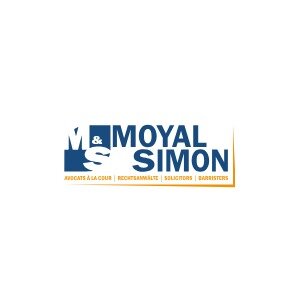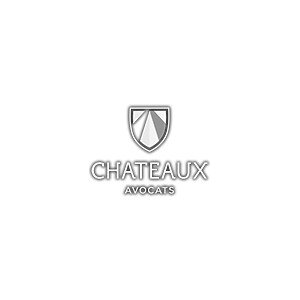Best Water Law Lawyers in Luxembourg
Share your needs with us, get contacted by law firms.
Free. Takes 2 min.
Or refine your search by selecting a city:
List of the best lawyers in Luxembourg
About Water Law in Luxembourg
Water Law in Luxembourg governs the management, use, protection, and conservation of water resources within the country. It addresses issues such as water quality, rights of usage, pollution control, and the legal obligations regarding both surface and groundwater. Luxembourg's water legislation follows both national and European Union frameworks, ensuring the sustainable and equitable management of water resources for individuals, businesses, and public entities. The Water Act of 2008 is a key piece of national legislation, designed to harmonize with EU directives such as the Water Framework Directive.
Why You May Need a Lawyer
Seeking legal advice from a qualified Water Law lawyer in Luxembourg can be crucial in several scenarios. You may need a legal expert if you are confronted with issues like property development projects that affect watercourses, disputes over water rights with neighbors, fines or enforcement actions for alleged pollution or unauthorized use, securing permits for water abstraction or discharges, or navigating complex regulatory processes. Businesses, agricultural enterprises, municipalities, and private individuals all encounter situations where a specialist's guidance is essential for compliance and risk mitigation.
Local Laws Overview
Water Law in Luxembourg is primarily regulated by the Water Act of December 19, 2008, which sets out rules for water protection, water usage rights, prevention of water pollution, and the management of natural water resources. The law addresses both quantity and quality aspects, stipulating the need for permits for water abstraction, waste water discharge, and certain construction projects near water bodies. It also lays down obligations for monitoring, reporting, and remediating environmental impacts. Compliance with related EU directives, such as the Water Framework Directive and Nitrates Directive, is mandatory. The Ministry of the Environment, Climate and Sustainable Development is the central authority for enforcement and permitting.
Frequently Asked Questions
What is the main law governing water resources in Luxembourg?
The main law is the Water Act of December 19, 2008, which aligns with key European directives for water management and protection.
Do I need a permit to use water from a river or well on my property?
Yes, using water from natural resources for personal or commercial use generally requires a permit from the relevant authorities.
What should I do if I receive a notice of water pollution from officials?
You should seek legal advice immediately to understand your obligations and rights, and to ensure proper response and compliance with any remedial measures.
Are there regulations for building near lakes, streams, or rivers?
Yes, special rules and setback requirements apply when constructing near bodies of water, with permits often needed to ensure environmental protection.
Can water law affect agricultural activities in Luxembourg?
Agricultural activities are subject to Water Law, particularly concerning the use of fertilizers and pesticides, as well as waste water management and water abstraction.
How are water disputes between neighbors resolved?
Disputes are typically resolved through negotiation or mediation, but legal proceedings may be required, especially if water rights or property boundaries are involved.
Who enforces water law regulations in Luxembourg?
The Ministry of the Environment, Climate and Sustainable Development is responsible for enforcement, along with local water agencies and inspectors.
What are the penalties for non-compliance with Water Law?
Penalties can include fines, mandatory remediation measures, and in serious cases, criminal prosecution and operational shutdowns.
Do businesses need to monitor their water usage and discharges?
Yes, businesses must monitor and regularly report water usage and discharge data, meeting the conditions of their operational permits.
How does Luxembourg’s Water Law relate to EU regulations?
Luxembourg’s Water Law is designed to comply with and implement EU directives, ensuring that both national and European standards are met for water management and protection.
Additional Resources
For more information and support regarding Water Law in Luxembourg, consider consulting the following resources:
- The Ministry of the Environment, Climate and Sustainable Development: Responsible for policy, permits, and enforcement. - The Water Administration (Administration de la gestion de l’eau): Provides technical and administrative support related to water issues. - Local municipal offices: First point of contact for community-specific water regulations. - The Luxembourg Environment Agency: Offers information about environmental permits and compliance. - Legal aid services: Available for those meeting eligibility criteria and needing assistance with water law disputes.
Next Steps
If you believe you need help or legal advice regarding Water Law in Luxembourg, consider taking the following steps:
1. Gather all relevant documents such as permits, correspondence, official notices, or maps related to your water issue. 2. Contact a specialized lawyer or law firm with experience in Luxembourg Water Law for an initial consultation. 3. Reach out to governmental agencies or your local municipality for information specific to your situation. 4. If facing urgent enforcement actions or legal deadlines, prioritize seeking legal advice immediately. 5. Keep records of all communication and decisions for reference during legal proceedings or administrative reviews.
Taking timely and informed action will ensure your rights are protected while facilitating compliance with Luxembourg’s water regulations.
Lawzana helps you find the best lawyers and law firms in Luxembourg through a curated and pre-screened list of qualified legal professionals. Our platform offers rankings and detailed profiles of attorneys and law firms, allowing you to compare based on practice areas, including Water Law, experience, and client feedback.
Each profile includes a description of the firm's areas of practice, client reviews, team members and partners, year of establishment, spoken languages, office locations, contact information, social media presence, and any published articles or resources. Most firms on our platform speak English and are experienced in both local and international legal matters.
Get a quote from top-rated law firms in Luxembourg — quickly, securely, and without unnecessary hassle.
Disclaimer:
The information provided on this page is for general informational purposes only and does not constitute legal advice. While we strive to ensure the accuracy and relevance of the content, legal information may change over time, and interpretations of the law can vary. You should always consult with a qualified legal professional for advice specific to your situation.
We disclaim all liability for actions taken or not taken based on the content of this page. If you believe any information is incorrect or outdated, please contact us, and we will review and update it where appropriate.
Browse water law law firms by city in Luxembourg
Refine your search by selecting a city.















